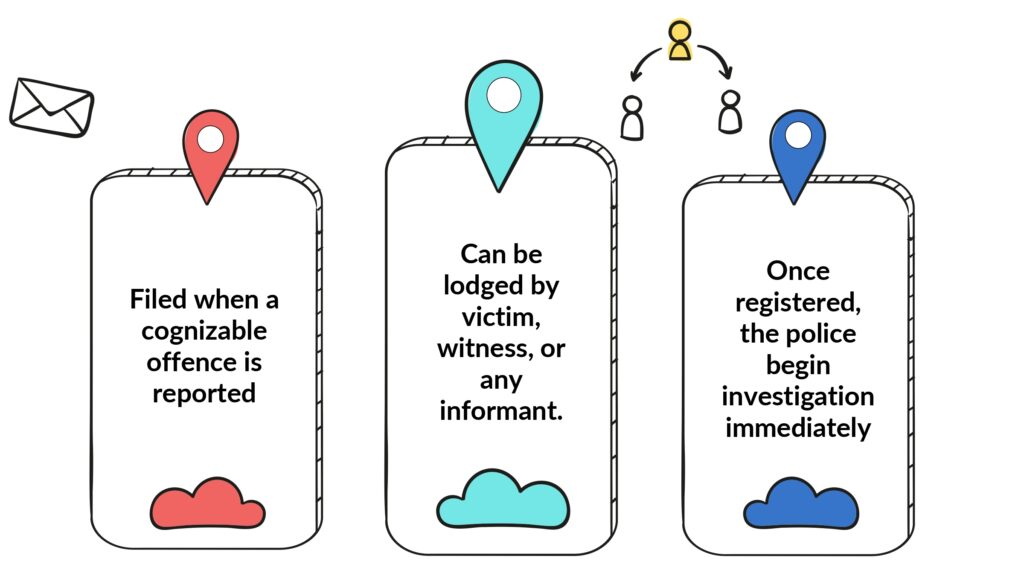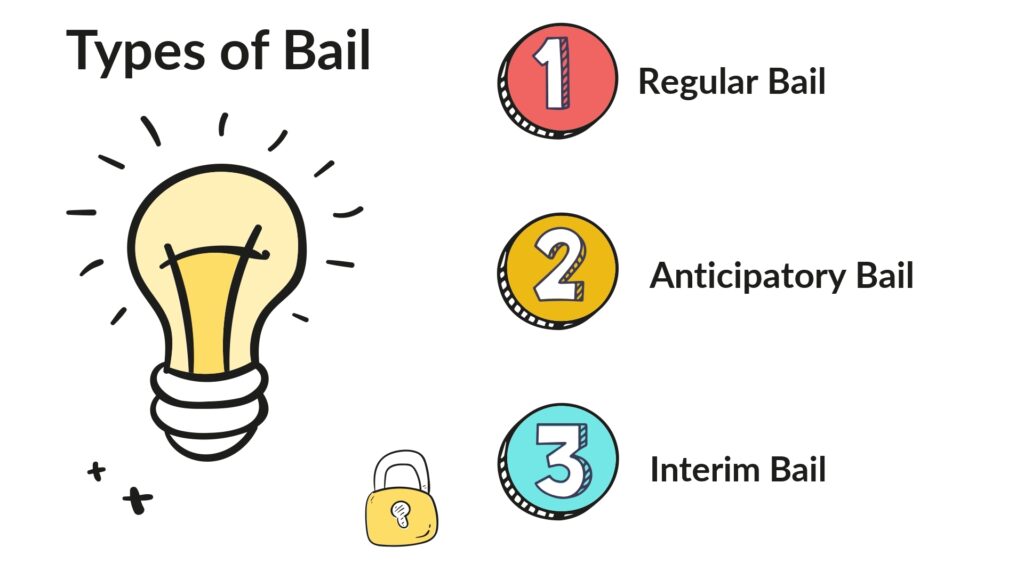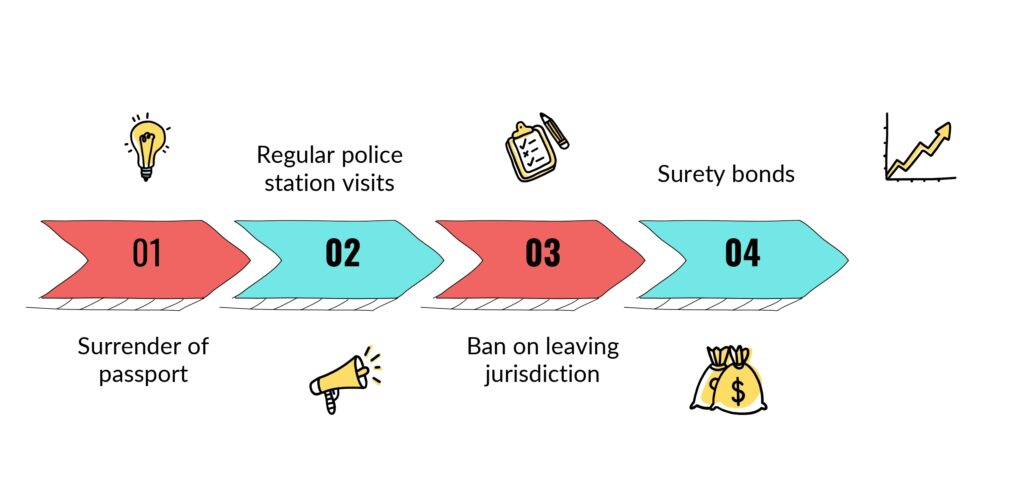It’s 2:30 a.m. Police are at your door. Someone you know is being arrested. You panic. But what really happens next?
If you think the answer is “straight to jail,” think again. The journey from FIR to Bail under the new criminal law, BNSS, 2023; is filled with steps, rights, and red flags you must know.
Welcome to LawDecoded, where we translate legal jargon into real talk.
FIR: The First Legal Trigger

The First Information Report (FIR) is the ignition switch for any criminal investigation.
- Filed when a cognizable offence (e.g., murder, rape, kidnapping) is reported.
- Can be lodged by victim, witness, or any informant.
- Once registered, the police begin investigation immediately.
Under BNSS, 2023:
FIRs are covered under Section 173. E-FIRs are also permitted for certain offences, a tech-forward shift.
Arrest: Not Just a Dramatic TV Scene
Post-FIR, if there’s reasonable suspicion or evidence, the police may arrest the accused.
Arrest Rights Under BNSS:
- Section 35: Right to know the grounds of arrest.
- Section 36: Right to inform a relative or friend.
- Section 37: Right to consult a lawyer during interrogation.
Women can be arrested only by female officers, usually between 6 AM and 6 PM, unless the situation demands otherwise.
Arrest ≠ Guilty. It’s part of the legal process, not the final outcome.
Custody: Police vs Judicial
Within 24 hours of arrest, the accused must be presented before a magistrate.
Under Section 187 of BNSS:
- Police Custody: Maximum 15 days.
- Judicial Custody: Can extend up to 60 or 90 days, depending on the crime.
🛑 If police fail to file a chargesheet within this time:
👉 The accused may get default bail under Section 187(3).
Chargesheet: The Legal Brief
Once investigation concludes, the police file a chargesheet (now called a police report) under Section 193.
- Timeline: 60–90 days depending on the gravity of offence.
- Delays = Grounds for bail.
📌 Chargesheet is crucial, it outlines the evidence and formally begins court proceedings.
Bail: Legal Liberty, Not a Loophole

Types of Bail under BNSS:
- Regular Bail – After arrest (Section 479).
- Anticipatory Bail – Before arrest (Section 484).
- Interim Bail – Temporary relief until final bail decision.
Bail Conditions Are Serious

Don’t mistake bail for freedom without responsibility.
Judges may impose:
- Surrender of passport
- Regular police station visits
- Ban on leaving jurisdiction
- Surety bonds
🚫 Violation? Bail can be cancelled (Section 483).
Decode with a Real Case
Example:
Neha, accused of cyber fraud, is arrested after a complaint.
🔹 FIR lodged under Section 173 BNSS
🔹 Arrested and produced before magistrate within 24 hours
🔹 Sent to judicial custody under Section 187
🔹 Lawyer files for regular bail under Section 479
🔹 Bail granted with ₹50,000 surety and weekly police check-in
Every step matters. Every right counts.
LawDecoded Takeaway
BNSS is the new rulebook, know it before you need it.
From FIR to Bail:
- Rights have evolved
- Processes are faster
- Digital features (like e-FIRs) are now real
But legal awareness? Still your best defence with Edzorb Law.
Why Edzorb Law Is Your Legal Superpower
- 💡 BNSS-Ready Notes & Case Analysis
- 📚 Visual Learning Notes with Mindmaps & Storyboards
- 🔍 One-Tap Bare Acts for BNSS, IPC & IE Act
- 💬 Mentorship, Mock Interviews & Daily Questions
- 🎯 Trusted by Toppers, Designed for Aspirants

 Podcast
Podcast








 Features
Features






